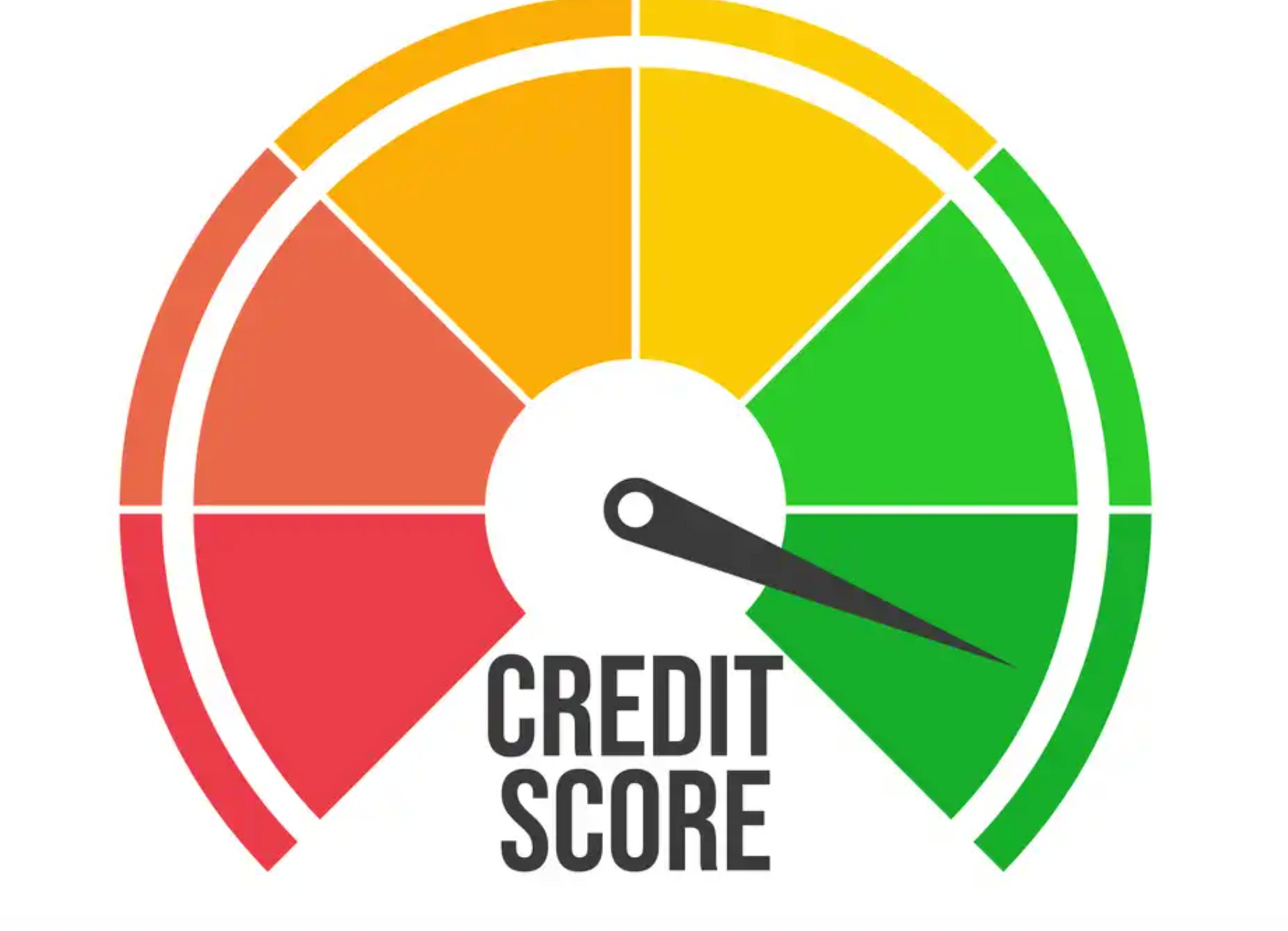A credit score is a three-digit number that lenders use to assess the risk of loaning money to a borrower. Everyone from credit card companies to mortgage lenders uses credit scores to determine whether they will lend you money, how much they will lend you and at what interest rate.
Negative factors that affect your score
Several factors can adversely affect your credit score. For instance, when you take out a credit agreement, you will organise a monthly repayment plan. If you have a record of late payments this could suggest to potential lenders that you have a poor level of financial responsibility. If you have opened a number of new credit accounts, it could suggest you are struggling financially and may not be able to make repayments.
Filing for bankruptcy or being declared bankrupt would alert potential lenders that you have been unable to pay off your debt.
Any County Court judgements would show that a lender has taken you to court for missed payments. And financial associations, such as a joint mortgage or a joint bank account, with people who have a poor credit history, can also be damaging to your future borrowing.
Positive factors that affect your score
There are ways you can enhance your credit score and make further borrowing more likely. One way is by registering to vote. Companies will look at the electoral register to confirm your identity and your address which reassures them you exist and have a roof over your head!
If you currently have borrowing or outgoing payments, make them on time. This includes making your credit card repayments each month. Direct debits are a good way of doing this as companies like to see that you can make regular payments. They will also enjoy seeing that you stick to your credit limits. It shows them that you only borrow what you can afford.
Also, check your credit report regularly for accuracy. You don’t want inaccurate negative reports affecting your score. Some credit score providers have a notice of correction system. This allows you to make an online statement that notes anything on your report that you think is wrong, out of date, misleading or anything you think needs explaining. A notice of correction will not change your credit score, but it will be read by potential lenders when making their borrowing assessment.
What is a good credit score?
Credit scores are calculated using your credit report. Ranges vary depending on the credit scoring system, but generally, a credit score from 580 to 669 is rated ‘fair’; 670 to 739 is ‘good’; 740 to 799 is considered ‘very good’; and 800 and up is ‘excellent’.
But remember, different lenders have different criteria for granting credit, and this will include information such as your income or other factors. So, the credit scores they accept can vary depending on their criteria.






